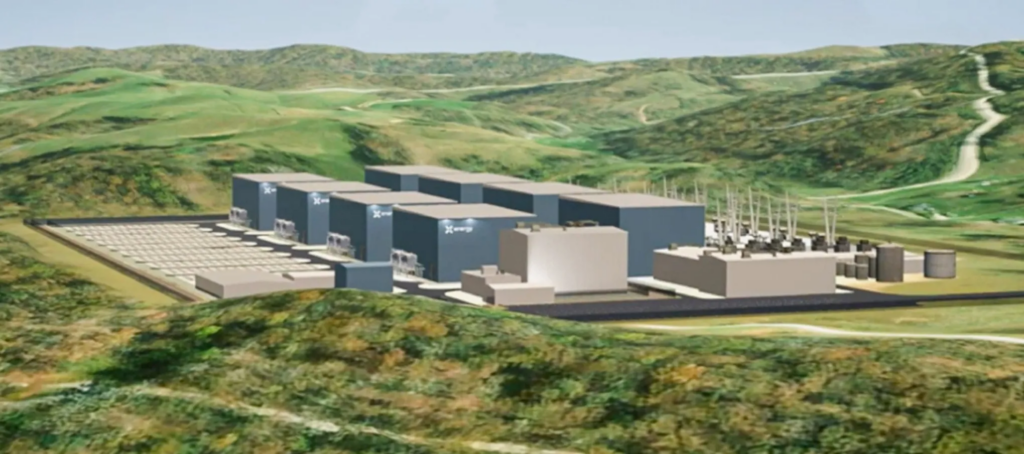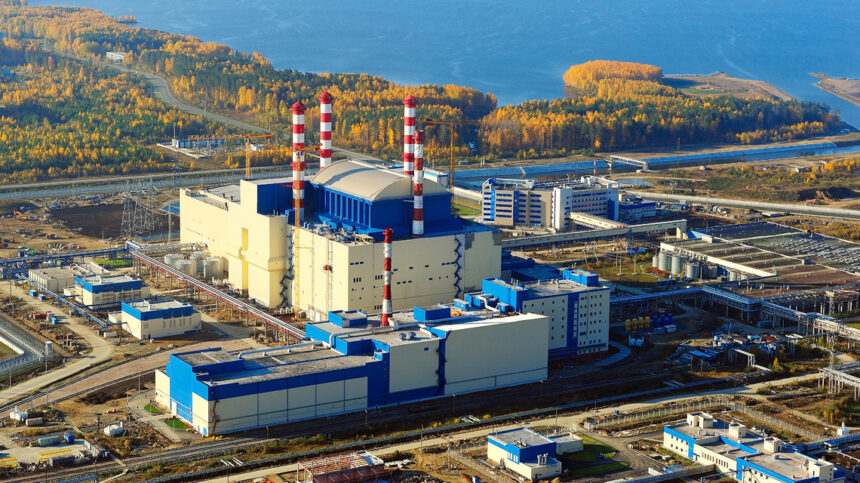In a unique twist on repurposing, the United States is dismantling its old nuclear warheads to create fuel for next-generation nuclear reactors. Inside a highly secure facility in Oak Ridge, Tennessee, workers are converting weapons-grade uranium into a new form of nuclear fuel. This initiative not only taps into an unusual fuel source but also aims to reduce dependence on foreign uranium suppliers, particularly in light of recent geopolitical tensions.
What’s Happening & Why This Matters
The Oak Ridge facility, once known for its role in the Manhattan Project, now houses an operation that transforms decommissioned nuclear warheads into a specialized fuel called high assay low-enriched uranium (HALEU). To create HALEU, workers blend weapons-grade uranium with low-enriched uranium in a crucible heated to 2500 degrees Fahrenheit, producing a dense, energy-rich fuel. The goal is to support the new wave of small modular nuclear reactors, which promise to be cheaper, more compact, and require less maintenance than traditional nuclear power plants.
These next-generation reactors need a denser uranium fuel, which until recently, the US sourced mainly from Russia. Following Russia’s invasion of Ukraine, a bipartisan law cut off imports of enriched uranium from Russia, leading to a scramble to secure alternative supplies domestically. The US is turning to its own nuclear arsenal to fill the gap. However, the available supply from decommissioned warheads is limited, so the government has also invested over $2 billion to help ramp up domestic uranium enrichment.
Companies like Centrus Energy are developing facilities to produce HALEU and reduce reliance on foreign suppliers. However, they are not yet ready to meet the industry’s needs. Jeff Chamberlin from the Department of Energy highlighted that even with all available warhead material, there would still be a shortage for upcoming nuclear projects like TerraPower, a Bill Gates-backed initiative. TerraPower was initially set to receive fuel from Russia but now faces delays due to the conflict.
Why the US Needs Special Nuclear Fuel
Nuclear energy accounts for about 20% of the United States’ electricity supply, and there is growing interest in expanding this capacity to meet energy security and climate goals. HALEU fuel offers a more efficient option for these small reactors. Unlike conventional reactors that use uranium enriched up to 5%, HALEU is enriched between 5% and 20%, making it more energy-dense and economical for compact reactor designs.
Josh Jarrell from Idaho National Laboratories emphasized that HALEU allows reactors to produce more energy in smaller spaces, making them more flexible and easier to deploy. Despite the challenges, there is a strong push to build domestic enrichment capacity to ensure a stable supply of this crucial fuel.

TF Summary: What’s Next
The United States urgently needs to establish a domestic uranium enrichment capability to power next-generation nuclear reactors. The government’s recent initiatives, such as substantial investments and prioritizing the conversion of old warheads, are positive steps in this direction. However, industry leaders like Jeff Navin from TerraPower emphasize the need for more immediate action to avoid delays that could jeopardize crucial projects for the country’s energy future. The path forward involves scaling up production capabilities and potentially exploring alternative sources of nuclear fuel to meet the ambitious energy targets set for the coming decades.




